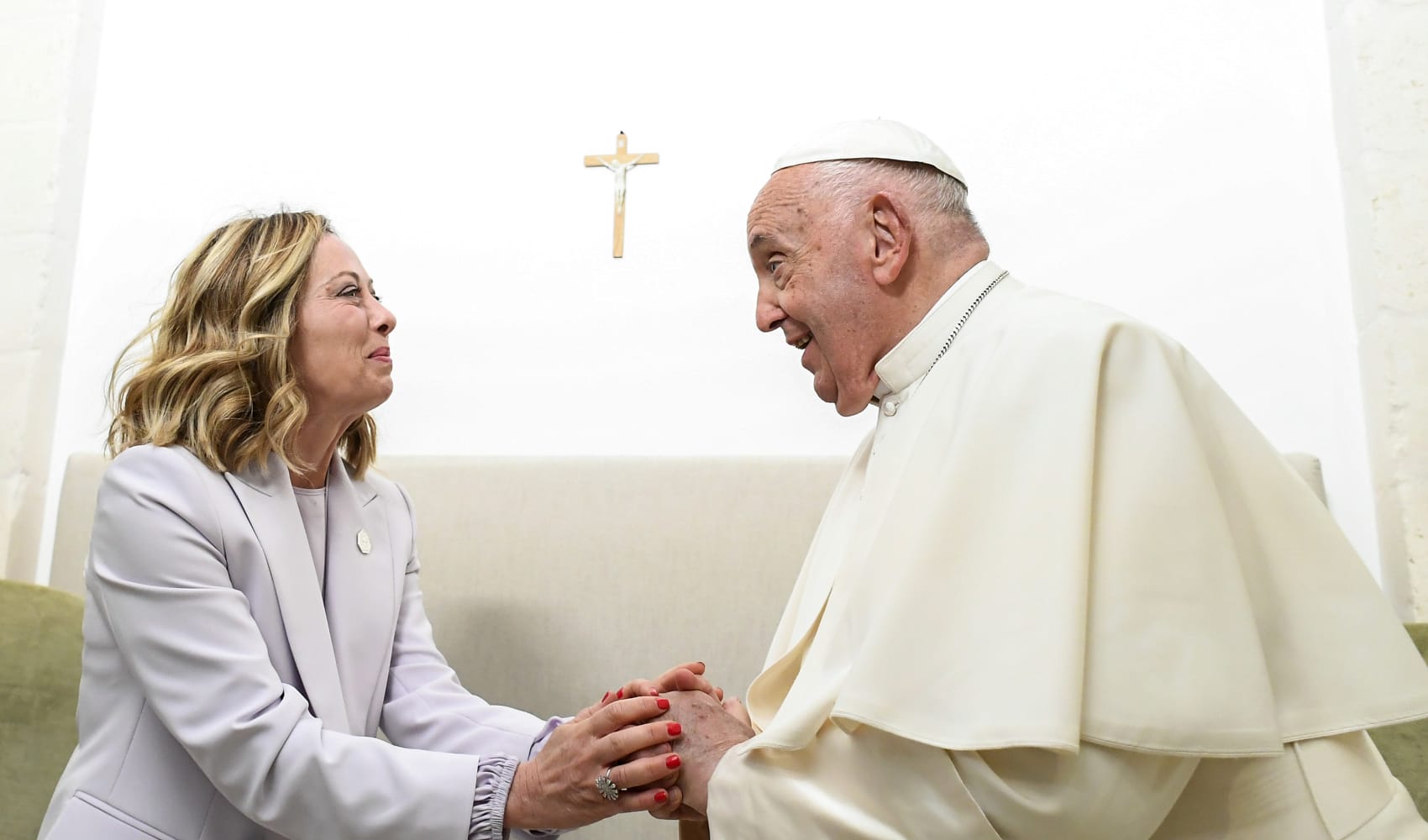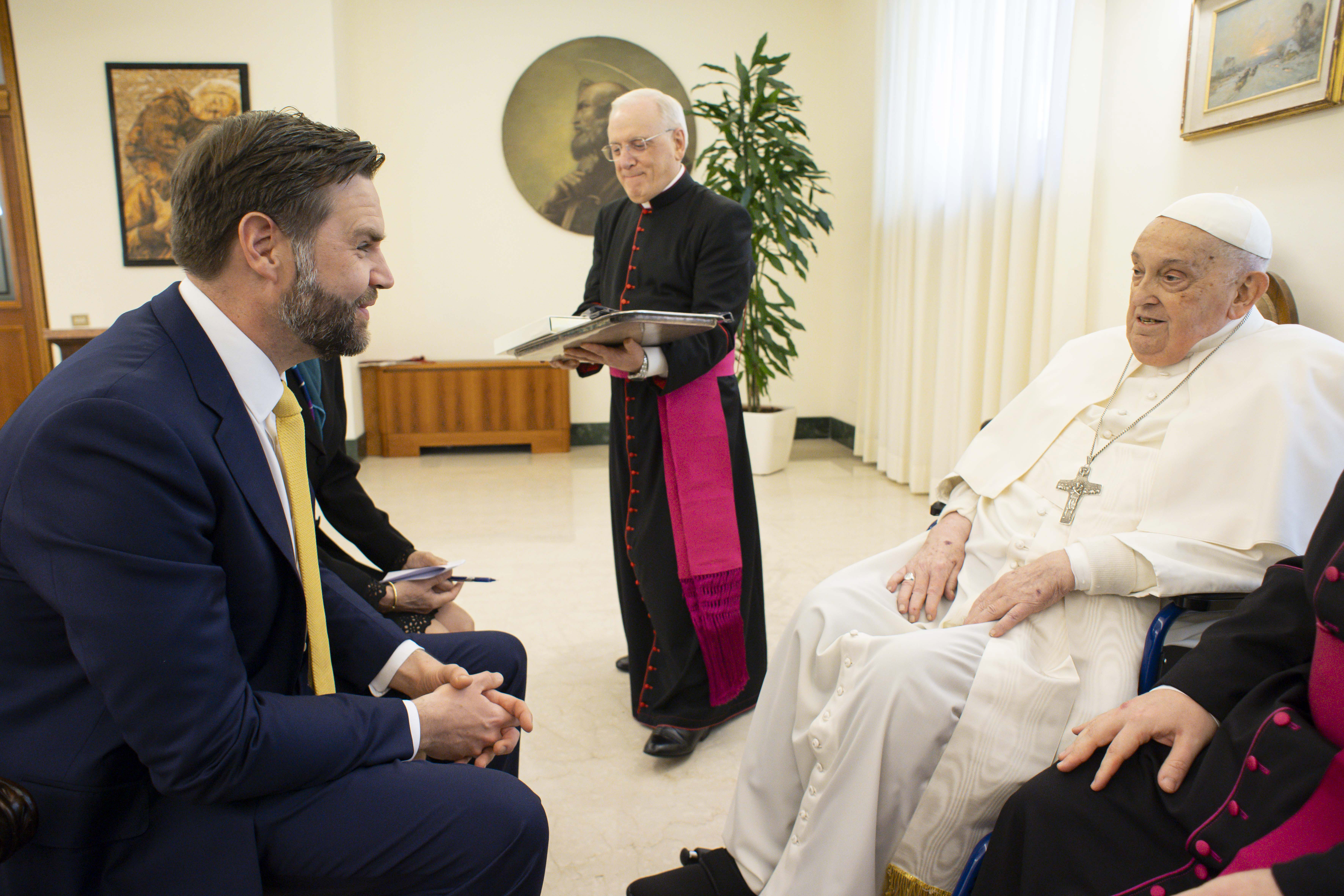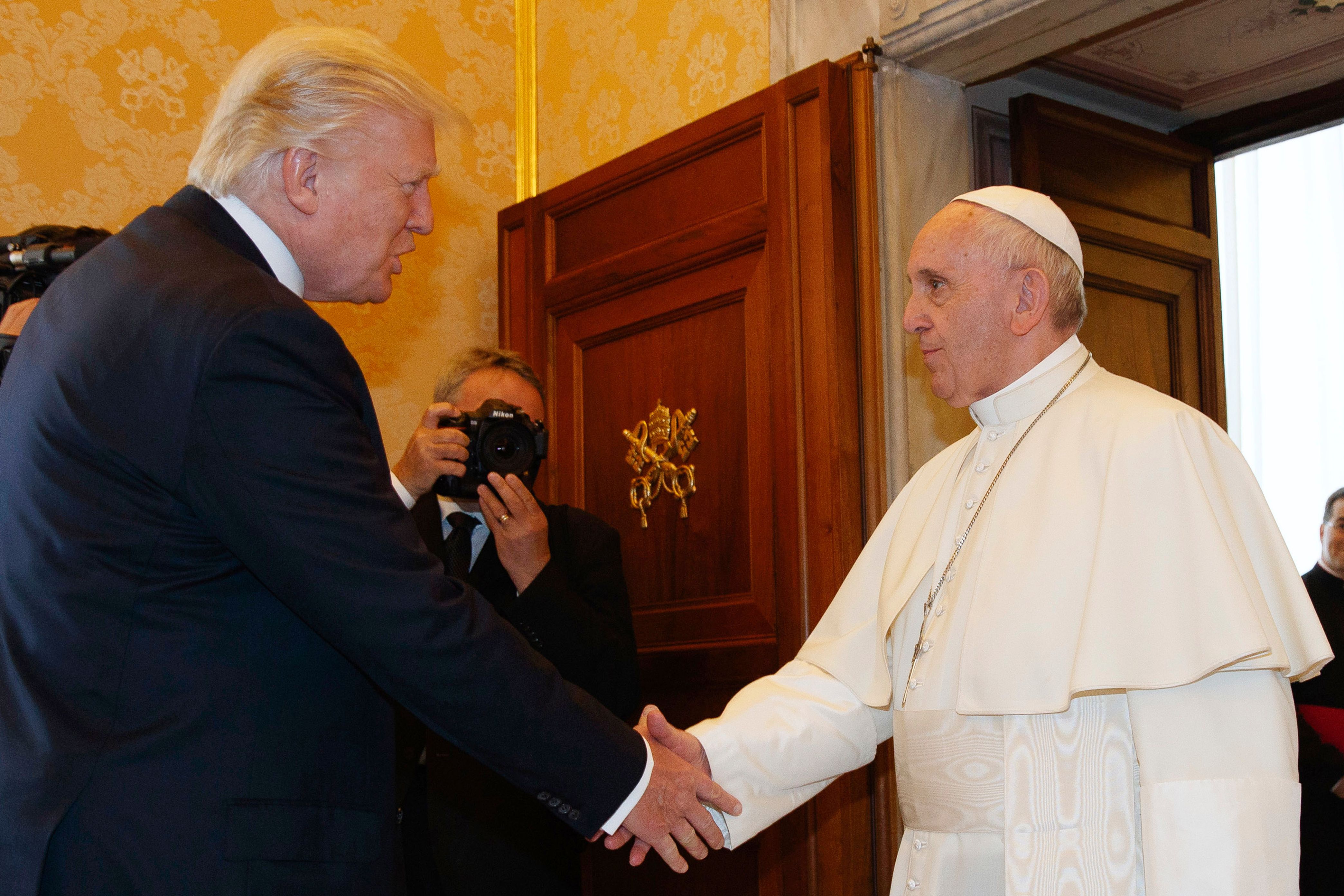Pope Francis Death: World Leaders React to 'Man of the People'
A World Mourns: Leaders React to the Passing of Pope Francis
A Global Outpouring of Grief and Remembrance
The world has been plunged into mourning following the announcement of the death of Pope Francis, who passed away on Monday at the age of 88. From heads of state to ordinary citizens, tributes and condolences have been pouring in, painting a vivid picture of a pontiff who touched countless lives and left an indelible mark on the world stage. But what exactly made Pope Francis such a beloved figure, and how are world leaders remembering his legacy?
Last Moments and Words of Comfort
One of Pope Francis's final acts was meeting with U.S. Vice President JD Vance on Easter Sunday. Vance shared his thoughts on X, formerly Twitter, stating, "I was happy to see him yesterday, though he was obviously very ill … May God rest his soul." These poignant words offer a glimpse into the Pope's dedication, even in his final days, to connecting with people from all walks of life.
A 'Man of the People': What Did It Mean?
Pope Francis was often described as a "man of the people." But what did this moniker truly signify? It reflected his unwavering commitment to social justice, his empathy for the marginalized, and his willingness to engage in open dialogue with people of all faiths and backgrounds. He wasn't confined to the Vatican's gilded walls; he went out into the world, embracing the poor, the sick, and the forgotten.
Humility as a Guiding Principle
His choice of name, Francis, after St. Francis of Assisi, signaled a departure from traditional papal customs. St. Francis was known for his poverty and his love for nature and the poor. Pope Francis embodied these values, choosing simplicity over extravagance and advocating for environmental protection and economic equality. Think of it as a CEO choosing a small, efficient car over a limousine – it sends a powerful message.
Breaking Down Barriers
He actively sought to break down barriers between different religious and cultural groups. His interfaith dialogues and outreach to marginalized communities showcased his belief in the common humanity that binds us all. He challenged the status quo, urging the Church to be more inclusive and compassionate.
World Leaders React: A Symphony of Respect and Sorrow
The responses from world leaders have been a testament to Pope Francis's global influence and his ability to transcend political and religious divides. Let's delve into some of these reactions:
President Macron of France: A Voice for Peace
President Macron of France hailed Pope Francis as a "tireless advocate for peace and understanding." He emphasized the Pope's commitment to dialogue and his efforts to resolve conflicts around the world. It's like a conductor losing his lead violinist - the whole orchestra feels the absence.
Prime Minister Sunak of the United Kingdom: A Champion of the Vulnerable
Prime Minister Sunak of the United Kingdom highlighted Pope Francis's dedication to the poor and vulnerable. He acknowledged the Pope's efforts to address global challenges such as poverty, climate change, and social inequality. His impact on social policies will be felt for generations.
The United Nations Secretary-General: A Moral Compass
The United Nations Secretary-General described Pope Francis as a "moral compass" for the world. He praised the Pope's unwavering commitment to human rights, justice, and sustainable development. His words carried significant weight, often influencing global debates.
The Legacy of Pope Francis: More Than Just a Pontiff
Pope Francis's legacy extends far beyond his role as the head of the Catholic Church. He was a social activist, an environmental advocate, and a champion of the marginalized. His papacy was marked by a willingness to challenge conventional wisdom and to speak out against injustice. He was, in many ways, a revolutionary figure within the Church.
A Modernizer Within the Church
He pushed for reforms within the Church, addressing issues such as sexual abuse and financial transparency. He sought to create a more accountable and inclusive institution, responsive to the needs of the modern world. Think of him as a CEO streamlining a large corporation - he made it more efficient and transparent.
His Impact on Social Justice
His advocacy for social justice was unwavering. He consistently spoke out against poverty, inequality, and discrimination, urging world leaders to prioritize the needs of the most vulnerable. He reminded us that we are all interconnected and that we have a responsibility to care for one another.
Environmental Stewardship
His encyclical Laudato Si', on care for our common home, was a groundbreaking document that called for urgent action to address climate change and protect the environment. He framed environmental stewardship as a moral imperative, emphasizing the interconnectedness of humanity and nature. It's as if he planted a tree, knowing he wouldn't sit in its shade, urging others to do the same.
The Future of the Catholic Church: What's Next?
The death of Pope Francis marks the end of an era, but it also signals the beginning of a new chapter for the Catholic Church. The College of Cardinals will soon convene to elect his successor, a process that will be closely watched by the world. The next Pope will inherit a Church facing numerous challenges, including declining membership in some regions, ongoing debates about social issues, and the need to address past scandals.
Challenges Facing the Next Pope
The next Pope will need to navigate complex issues such as the role of women in the Church, the changing views on LGBTQ+ rights, and the ongoing struggle to combat poverty and inequality. He will also need to maintain the Church's relevance in a rapidly changing world.
The Election Process
The election of a new Pope is a complex and secretive process. The Cardinals will gather in the Sistine Chapel, where they will cast ballots until a candidate receives a two-thirds majority. The world will wait with bated breath for the white smoke signaling the election of a new leader. It's a high-stakes election with global implications.
A Fond Farewell to 'A Man of the People'
Pope Francis's death is a profound loss for the world. He was a beacon of hope, a voice for the voiceless, and a champion of justice. His legacy will continue to inspire generations to come. His impact transcends religious boundaries, touching the hearts of people from all walks of life. The world mourns the loss of a true "man of the people." His absence leaves a void that will be difficult to fill.
Conclusion
The passing of Pope Francis has triggered a global wave of mourning and remembrance, underscoring his profound influence on the world stage. His legacy as a 'man of the people' is etched in his unwavering commitment to social justice, interfaith dialogue, and environmental stewardship. World leaders have echoed the sentiment of loss, recognizing his role as a moral compass and a champion of the vulnerable. As the Catholic Church prepares for its next chapter, the world reflects on the extraordinary life and lasting impact of Pope Francis.
Frequently Asked Questions
- What was Pope Francis known for?
Pope Francis was widely known for his humility, his focus on social justice and the poor, his efforts to modernize the Catholic Church, and his advocacy for environmental protection. He was seen as a reformer and a bridge-builder between different faiths and cultures.
- How will the next Pope be chosen?
The next Pope will be elected by the College of Cardinals, a group of senior Catholic clergy from around the world. They will convene in a conclave in the Sistine Chapel, where they will cast ballots until one candidate receives a two-thirds majority. The election is shrouded in secrecy, and the results are announced to the world with white smoke rising from the chimney.
- What are some of the challenges facing the Catholic Church today?
The Catholic Church faces numerous challenges, including declining membership in some regions, controversies surrounding sexual abuse scandals, debates about the role of women and LGBTQ+ individuals in the Church, and the need to address global issues such as poverty, inequality, and climate change.
- What was Pope Francis's stance on climate change?
Pope Francis was a strong advocate for addressing climate change. His encyclical Laudato Si' called for urgent action to protect the environment and promote sustainable development. He framed environmental stewardship as a moral imperative, emphasizing the interconnectedness of humanity and nature.
- How did Pope Francis differ from previous Popes?
Pope Francis distinguished himself through his emphasis on humility, simplicity, and his focus on the marginalized. He was seen as more approachable and less formal than some of his predecessors, and he actively sought to engage with people from all walks of life. He also pushed for reforms within the Church to address issues such as transparency and accountability.


